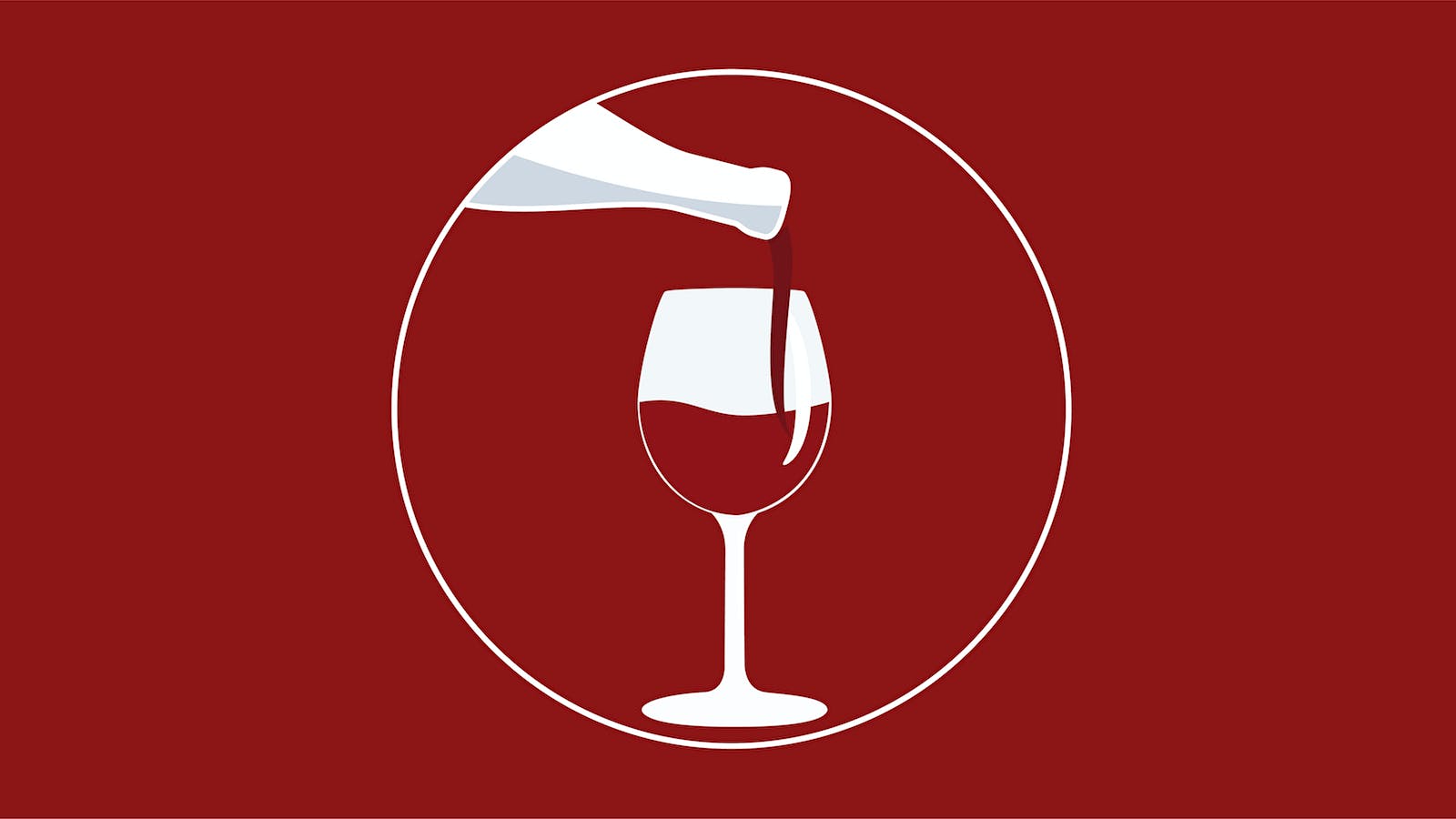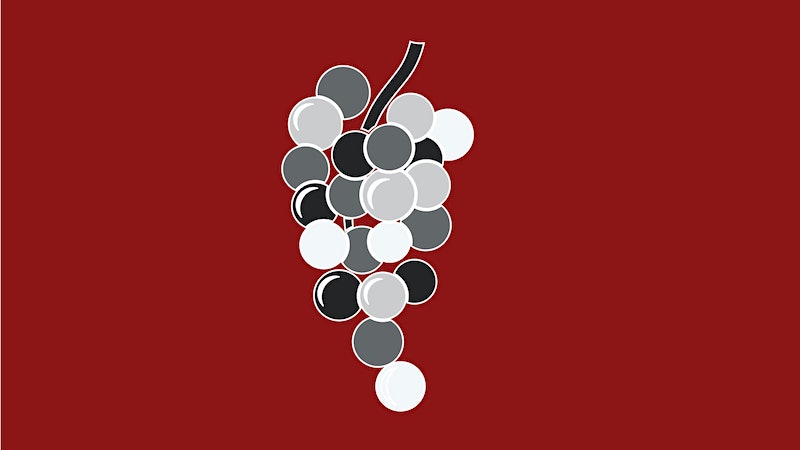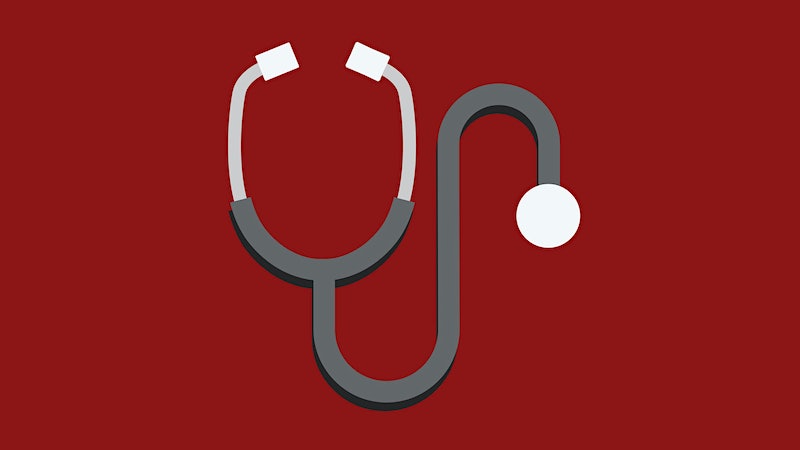Q: Do digestifs such as Barolo Chinato, grappa and amaro actually aid digestion?—Rafa, Milan
A: Digestifs are alcoholic beverages traditionally consumed after a meal to promote comfortable digestion. Some, including the French Chartreuse and Italy’s wide range of amari, are liqueurs, meaning a base spirit is infused with herbs, roots, fruits, barks and more before the addition of sugar. Grappa is a brandy (usually clear, though some versions are aged in oak) made by distilling grape pomace. Barolo Chinato, the great digestivo of Piedmont, starts with a base of Barolo wine, to which an alcohol infusion of herbs, spices and other ingredients (as well as a modest amount of sugar) is added.
While few would dispute that digestifs make a delicious postprandial ritual, some inquisitive gourmands might wonder: Do they actually aid digestion, or make it more comfortable?
Digestif recipes vary widely—many are closely guarded secrets—but most involve bitter flavors. Some, including Barolo Chinato, depend on cinchona, a bark that contains quinine, the antimalarial compound that gives tonic water its astringent kick. Wormwood and gentian, other staples of traditional medicine, are other common players. While few studies have been done on the medicinal value of the bitter, herbaceous compounds found in various digestifs, Dr. Eamonn Quigley, chief of gastroenterology and hepatology at Houston Methodist Hospital, told Wine Spectator that it’s “quite likely that they will have effects,” though it’s unclear what exactly those might be.
Federica Boffa, fifth-generation president of Pio Cesare, which makes a benchmark version of Barolo Chinato, told Wine Spectator that while past generations believed in Chinato’s medicinal properties, people now put less stock in the libation’s curative potential. When Boffa’s ancestors developed the family recipe, Barolo Chinato was commonly drunk for headache, stomachache and other ailments, not just as a digestif.
While you may not see pharmacists prescribing a glass of Chinato for malaise, it’s still widely drunk after meals, and Boffa believes it can indeed make people feel better, especially after eating. “It is healthy, I can assure you, in small amounts.” Her family prefers to drink Chinato with dark chocolate after a meal; her mother also uses the wine to make ice cream. For Boffa, the wine is a “connection between the old generation” and the current one. “Drinking Barolo Chinato is like going back to the traditional Piemonte of many, many years ago,” she reflects.
Dr. Quigley says several factors are at play when you drink a digestif in the hopes of relieving or preventing gastric distress. Alcohol delays gastric emptying, which provides more time for grinding and mixing food before it passes into the small intestine. That extra time, however, “won’t actually aid in the digestive process.” Keeping food in the stomach for longer could make you feel bloated, and if you’re predisposed to heartburn, it could increase your chances of experiencing reflux.
Studies have found that certain alcoholic beverages may promote the release of stomach acid, but it’s unclear if digestifs do the same. Alcohol does boost the secretion of pancreatic enzymes, which are important for digestion in the small intestine.
Alcohol is also a vasodilator, meaning it increases blood flow, including to the stomach and intestines, which could contribute to a sense of digestive and overall comfort. Increased blood flow, says Dr. Quigley, could “make you feel more relaxed ... more from a psychological point of view than anything else.” A digestif’s sugar content, moreover, could promote the absorption of fluids and electrolytes, which would make digestion more complete, though probably not any more or less comfortable.
More than anything, Dr. Quigley says, consuming a digestif after a meal likely imparts a subjective sense of feeling better. It’s no secret that in the short term, alcohol tends to boost mood and make people feel relaxed, comfortable and happy, and that can be a special boon if you’re feeling unsettled after overindulging at the dinner table. While Dr. Quigley isn’t convinced digestifs have a strongly helpful effect on digestion, he says there’s no particular reason to avoid them either. He cautions that overindulgence in any alcohol has harmful effects on the digestive system and much more.
As always, talk to your healthcare provider about incorporating alcohol into a healthy lifestyle.—Kenny Martin












